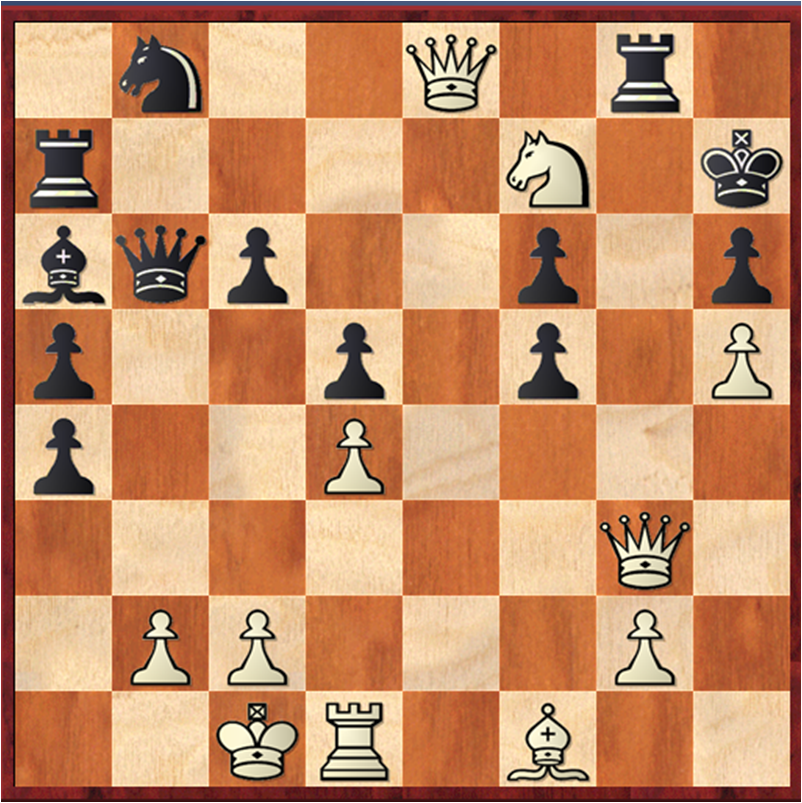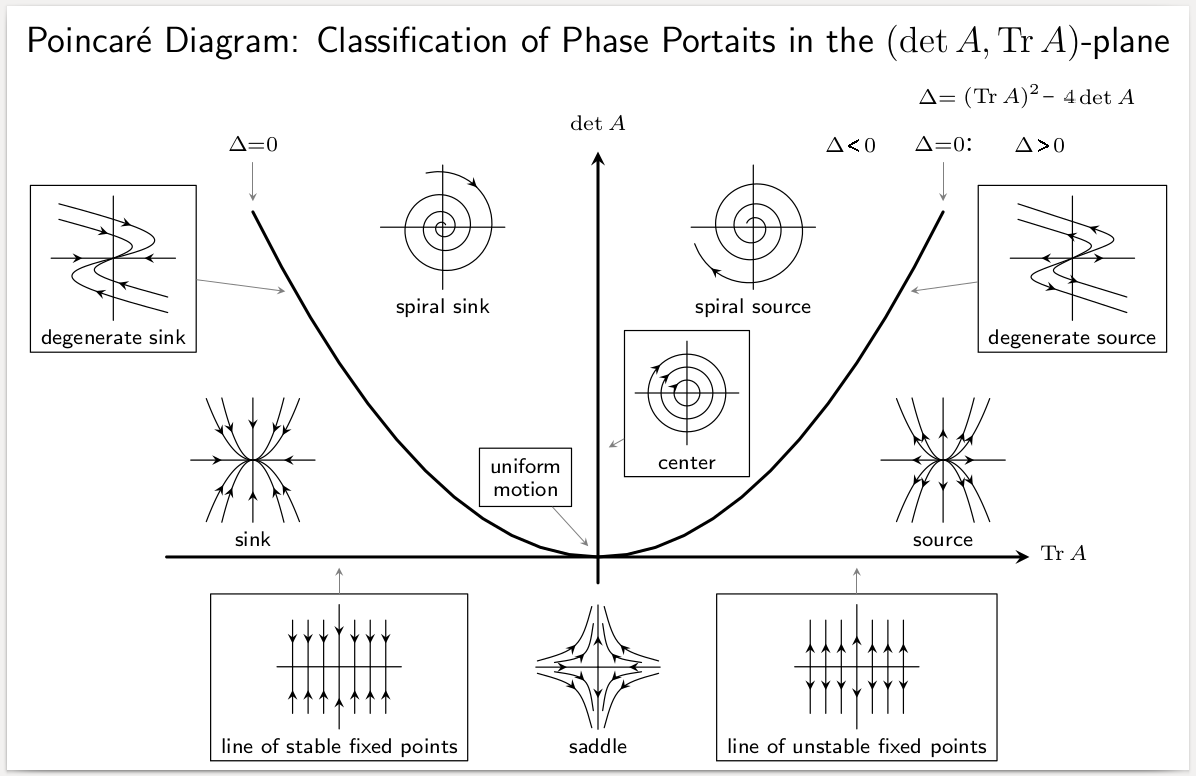|
Tamer Başar
Mustafa Tamer Başar (born January 19, 1946) is a control and game theorist who is the ''Swanlund Endowed Chair'' and Center for Advanced Study Professor of Electrical and Computer Engineering at the University of Illinois at Urbana-Champaign, USA. He is also the Director of the Center for Advanced Study (since 2014). Education Tamer Başar received a B.S. in Electrical Engineering from Boğaziçi University ''(formerly known as Robert College)'' at Bebek, in İstanbul-Turkey, in 1969, and M.S., M.Phil., and Ph.D. in engineering and applied science from Yale University, in 1970, 1971 and 1972, respectively. Academic life He joined the University of Illinois at Urbana–Champaign - Electrical and Computer Engineering Department in 1981. He was the founding president of the International Society of Dynamic Games during 1990–1994, the president of the IEEE Control Systems Society in 2000, and the president of the American Automatic Control Council during 2010–2011. He re ... [...More Info...] [...Related Items...] OR: [Wikipedia] [Google] [Baidu] |
National Academy Of Engineering
The National Academy of Engineering (NAE) is an American nonprofit, non-governmental organization. The National Academy of Engineering is part of the National Academies of Sciences, Engineering, and Medicine, along with the National Academy of Sciences (NAS), the National Academy of Medicine, and the National Research Council (now the program units of NASEM). The NAE operates engineering programs aimed at meeting national needs, encourages education and research, and recognizes the superior achievements of engineers. New members are annually elected by current members, based on their distinguished and continuing achievements in original research. The NAE is autonomous in its administration and in the selection of its members, sharing with the rest of the National Academies the role of advising the federal government. History The National Academy of Sciences was created by an Act of Incorporation dated March 3, 1863, which was signed by then President of the United States ... [...More Info...] [...Related Items...] OR: [Wikipedia] [Google] [Baidu] |
Minimax
Minimax (sometimes MinMax, MM or saddle point) is a decision rule used in artificial intelligence, decision theory, game theory, statistics, and philosophy for ''mini''mizing the possible loss for a worst case (''max''imum loss) scenario. When dealing with gains, it is referred to as "maximin" – to maximize the minimum gain. Originally formulated for several-player zero-sum game theory, covering both the cases where players take alternate moves and those where they make simultaneous moves, it has also been extended to more complex games and to general decision-making in the presence of uncertainty. Game theory In general games The maximin value is the highest value that the player can be sure to get without knowing the actions of the other players; equivalently, it is the lowest value the other players can force the player to receive when they know the player's action. Its formal definition is: :\underline = \max_ \min_ Where: * is the index of the player of interest. ... [...More Info...] [...Related Items...] OR: [Wikipedia] [Google] [Baidu] |
Decentralized
Decentralization or decentralisation is the process by which the activities of an organization, particularly those regarding planning and decision making, are distributed or delegated away from a central, authoritative location or group. Concepts of decentralization have been applied to group dynamics and management science in private businesses and organizations, political science, law and public administration, economics, money and technology. History The word "''centralisation''" came into use in France in 1794 as the post-Revolution French Directory leadership created a new government structure. The word "''décentralisation''" came into usage in the 1820s. "Centralization" entered written English in the first third of the 1800s; mentions of decentralization also first appear during those years. In the mid-1800s Tocqueville would write that the French Revolution began with "a push towards decentralization... ut became,in the end, an extension of centralization."Vivien A. ... [...More Info...] [...Related Items...] OR: [Wikipedia] [Google] [Baidu] |
Control Systems Engineering
Control engineering or control systems engineering is an engineering discipline that deals with control systems, applying control theory to design equipment and systems with desired behaviors in control environments. The discipline of controls overlaps and is usually taught along with electrical engineering and mechanical engineering at many institutions around the world. The practice uses sensors and detectors to measure the output performance of the process being controlled; these measurements are used to provide corrective feedback helping to achieve the desired performance. Systems designed to perform without requiring human input are called automatic control systems (such as cruise control for regulating the speed of a car). Multi-disciplinary in nature, control systems engineering activities focus on implementation of control systems mainly derived by mathematical modeling of a diverse range of systems. Overview Modern day control engineering is a relatively new field of s ... [...More Info...] [...Related Items...] OR: [Wikipedia] [Google] [Baidu] |
Control Systems
A control system manages, commands, directs, or regulates the behavior of other devices or systems using control loops. It can range from a single home heating controller using a thermostat controlling a domestic boiler to large industrial control systems which are used for controlling processes or machines. The control systems are designed via control engineering process. For continuously modulated control, a feedback controller is used to automatically control a process or operation. The control system compares the value or status of the process variable (PV) being controlled with the desired value or setpoint (SP), and applies the difference as a control signal to bring the process variable output of the plant to the same value as the setpoint. For sequential and combinational logic, software logic, such as in a programmable logic controller, is used. Open-loop and closed-loop control There are two common classes of control action: open loop and closed loop. In an o ... [...More Info...] [...Related Items...] OR: [Wikipedia] [Google] [Baidu] |
Dynamic Game
In game theory, a sequential game is a game where one player chooses their action before the others choose theirs. The other players must have information on the first player's choice so that the difference in time has no strategic effect. Sequential games are governed by the time axis and represented in the form of decision trees. Sequential games with perfect information can be analysed mathematically using combinatorial game theory. Decision trees are the extensive form of dynamic games that provide information on the possible ways that a given game can be played. They show the sequence in which players act and the number of times that they can each make a decision. Decision trees also provide information on what each player knows or does not know at the point in time they decide on an action to take. Payoffs for each player are given at the decision nodes of the tree. Extensive form representations were introduced by Neumann and further developed by Kuhn in the earlies ... [...More Info...] [...Related Items...] OR: [Wikipedia] [Google] [Baidu] |
Hybrid Systems
A hybrid system is a dynamical system that exhibits both continuous and discrete dynamic behavior – a system that can both ''flow'' (described by a differential equation) and ''jump'' (described by a state machine or automaton). Often, the term "hybrid dynamical system" is used, to distinguish over hybrid systems such as those that combine neural nets and fuzzy logic, or electrical and mechanical drivelines. A hybrid system has the benefit of encompassing a larger class of systems within its structure, allowing for more flexibility in modeling dynamic phenomena. In general, the ''state'' of a hybrid system is defined by the values of the ''continuous variables'' and a discrete ''mode''. The state changes either continuously, according to a flow condition, or discretely according to a ''control graph''. Continuous flow is permitted as long as so-called ''invariants'' hold, while discrete transitions can occur as soon as given ''jump conditions'' are satisfied. Discrete trans ... [...More Info...] [...Related Items...] OR: [Wikipedia] [Google] [Baidu] |
Stability Theory
In mathematics, stability theory addresses the stability of solutions of differential equations and of trajectories of dynamical systems under small perturbations of initial conditions. The heat equation, for example, is a stable partial differential equation because small perturbations of initial data lead to small variations in temperature at a later time as a result of the maximum principle. In partial differential equations one may measure the distances between functions using Lp norms or the sup norm, while in differential geometry one may measure the distance between spaces using the Gromov–Hausdorff distance. In dynamical systems, an orbit is called ''Lyapunov stable'' if the forward orbit of any point is in a small enough neighborhood or it stays in a small (but perhaps, larger) neighborhood. Various criteria have been developed to prove stability or instability of an orbit. Under favorable circumstances, the question may be reduced to a well-studied problem involvi ... [...More Info...] [...Related Items...] OR: [Wikipedia] [Google] [Baidu] |
Adaptive Control
Adaptive control is the control method used by a controller which must adapt to a controlled system with parameters which vary, or are initially uncertain. For example, as an aircraft flies, its mass will slowly decrease as a result of fuel consumption; a control law is needed that adapts itself to such changing conditions. Adaptive control is different from robust control in that it does not need ''a priori'' information about the bounds on these uncertain or time-varying parameters; robust control guarantees that if the changes are within given bounds the control law need not be changed, while adaptive control is concerned with control law changing itself. Parameter estimation The foundation of adaptive control is parameter estimation, which is a branch of system identification. Common methods of estimation include recursive least squares and gradient descent. Both of these methods provide update laws that are used to modify estimates in real-time (i.e., as the system operates). L ... [...More Info...] [...Related Items...] OR: [Wikipedia] [Google] [Baidu] |
Control Theory
Control theory is a field of mathematics that deals with the control of dynamical systems in engineered processes and machines. The objective is to develop a model or algorithm governing the application of system inputs to drive the system to a desired state, while minimizing any ''delay'', ''overshoot'', or ''steady-state error'' and ensuring a level of control stability; often with the aim to achieve a degree of optimality. To do this, a controller with the requisite corrective behavior is required. This controller monitors the controlled process variable (PV), and compares it with the reference or set point (SP). The difference between actual and desired value of the process variable, called the ''error'' signal, or SP-PV error, is applied as feedback to generate a control action to bring the controlled process variable to the same value as the set point. Other aspects which are also studied are controllability and observability. Control theory is used in control system eng ... [...More Info...] [...Related Items...] OR: [Wikipedia] [Google] [Baidu] |
Geometric
Geometry (; ) is, with arithmetic, one of the oldest branches of mathematics. It is concerned with properties of space such as the distance, shape, size, and relative position of figures. A mathematician who works in the field of geometry is called a ''List of geometers, geometer''. Until the 19th century, geometry was almost exclusively devoted to Euclidean geometry, which includes the notions of point (geometry), point, line (geometry), line, plane (geometry), plane, distance, angle, surface (mathematics), surface, and curve, as fundamental concepts. During the 19th century several discoveries enlarged dramatically the scope of geometry. One of the oldest such discoveries is Carl Friedrich Gauss' ("remarkable theorem") that asserts roughly that the Gaussian curvature of a surface is independent from any specific embedding in a Euclidean space. This implies that surfaces can be studied ''intrinsically'', that is, as stand-alone spaces, and has been expanded into the theory of ... [...More Info...] [...Related Items...] OR: [Wikipedia] [Google] [Baidu] |



.jpg)




